On the Grid: Fueling it Forward 1/20/23

Click HERE to subscribe to this weekly newsletter.
The American auto industry is charging up for an electrifying new chapter, defined by the Biden Administration’s ambitious goal to cut all greenhouse gas emissions from our transportation sector by 2050. But putting this into practice is complex. Public perception is still evolving, and funding needs to be secured to make the transition.
Electric vehicle (EV) sales were up 65% in 2022–A BIG DEAL–but we still have a lot of work ahead of us to make sure we can fend off financial, political, and operational challenges as we hit the accelerator on EV deployment. With the Auto Show in Washington, this week’s On the Grid will highlight the progress we’ve made and outline some hurdles we’re still facing down the road.
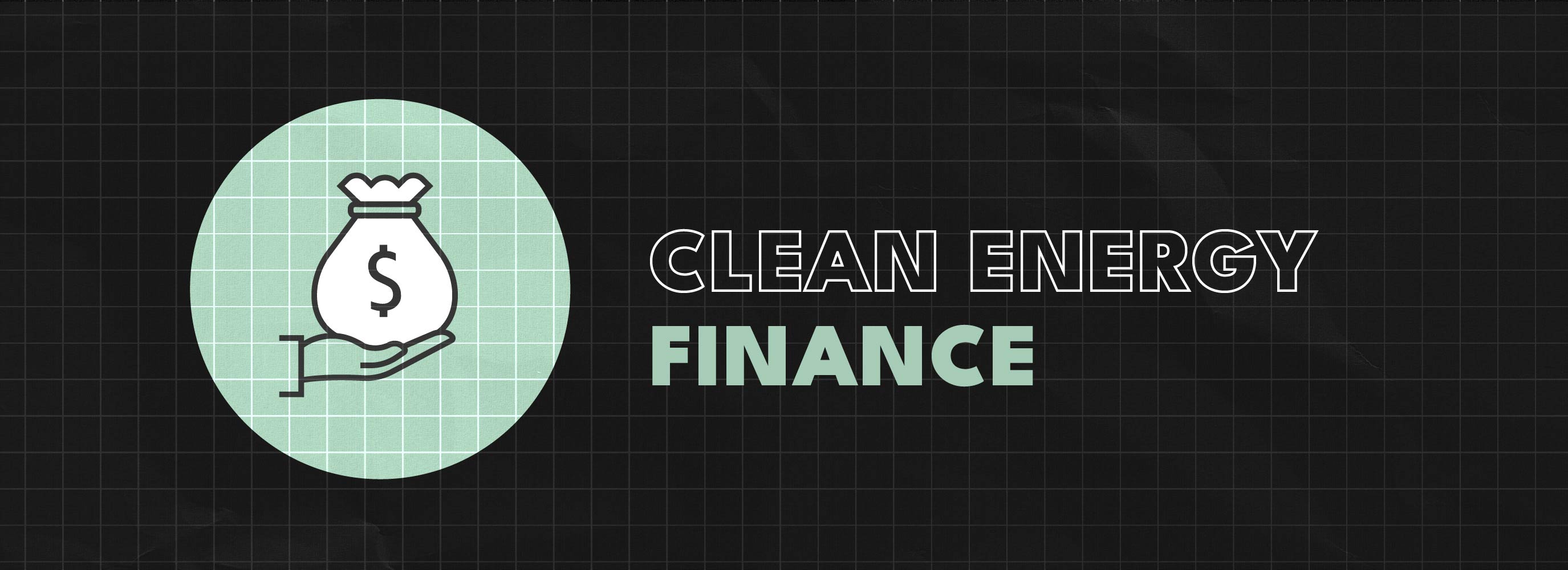
Navigating an emerging–and expensive–market has left the American auto industry strapped for cash. Here’s a short list of companies that are struggling:
- Shell Oil announced it is acquiring Volta, a promising US charging infrastructure company.
- Arcimoto signaled it is on the brink of bankruptcy due to insufficient funding.
- Arrival, a UK E-van company that is building a new plant in South Carolina and has pre-orders from UPS, is short on cash and is closing its UK manufacturing facility to refocus on the American market.
- Britishvolt, a UK battery start-up, filed for bankruptcy after failing to raise the equity needed to build a factory.
EV companies face higher debt and equity cost of capital, making it harder for them to take advantage of Inflation Reduction Act provisions if they don’t come up with more cost-effective sources of cash. And EVs are not the only clean technology facing peril.
Unless financing can carry the day during rate cycle periods, like the one we are in right now, there will be setbacks in the acceleration of the clean energy transition. And ongoing inflation and higher interest rates mean public dollars don’t stretch as far. What is the solution here? Public financing teams across the government–from ARPA-E to the Treasury to the Development Finance Corporation–need to build a collective roadmap that will boost rates of investment, set achievable targets, and enable a rapid shift to clean energy.
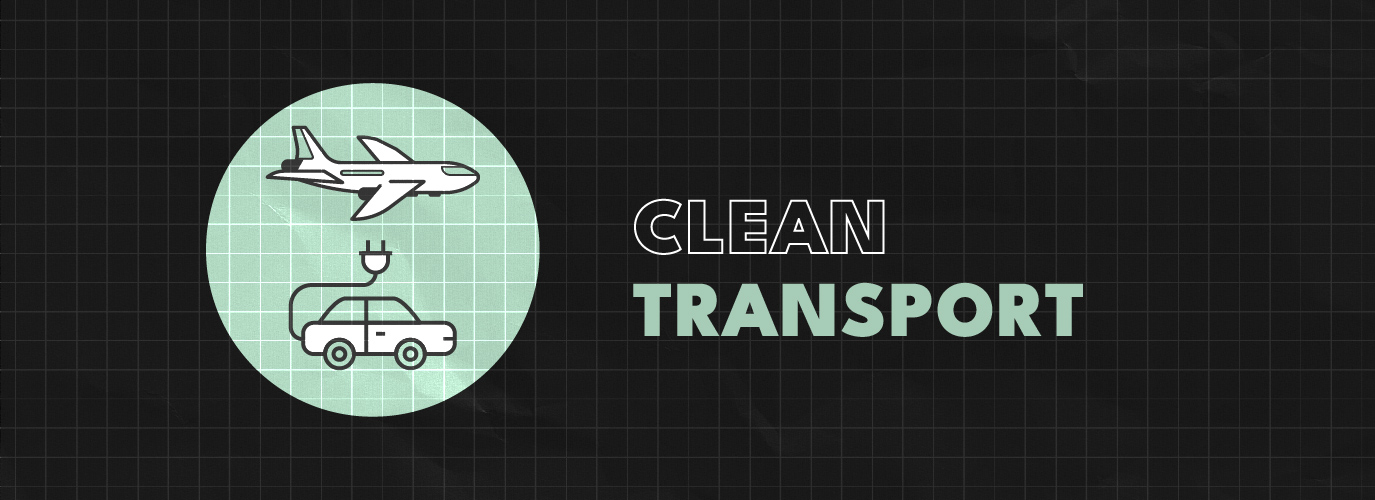
This week kicked off the DC Auto Show, and EVs took center stage. Third Way’s Climate and Energy Team joined a circuit of government, industry, and media officials for Public Policy Day, highlighting steps the public and private sectors have taken to advance EV adoption.
Resident Economist and Senior Resident Fellow, Dr. Ellen Hughes-Cromwick, moderated a fireside chat with Gabe Klein, Executive Director leading the Joint Office of Energy and Transportation, and Andrew Mayock, Federal Chief Sustainability Office in the White House, discussing actions the Biden Administration has taken the last two years to drive demand for EVs and the bottlenecks left to overcome.
Senior Policy Advisor for Transportation, Alex Laska, joined a conversation with Dr. Betsey Stevenson, Professor of Economics at the University of Michigan, and Omar Vargas, Vice President & Head of Global Public Policy at General Motors. The discussion, moderated by the Washington Post’s Shannon Osaka, touched on US competitiveness in the EV supply chain, the potential for American businesses to capitalize on an existing competitive advantage, and the immense economic benefits of deploying EVs.
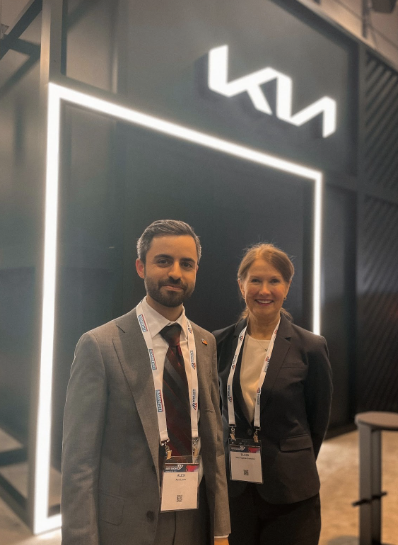
Senior Policy Advisor for Transportation Alex Laska (left) and Senior Resident Fellow, Dr. Ellen Hughes-Cromwick (right).
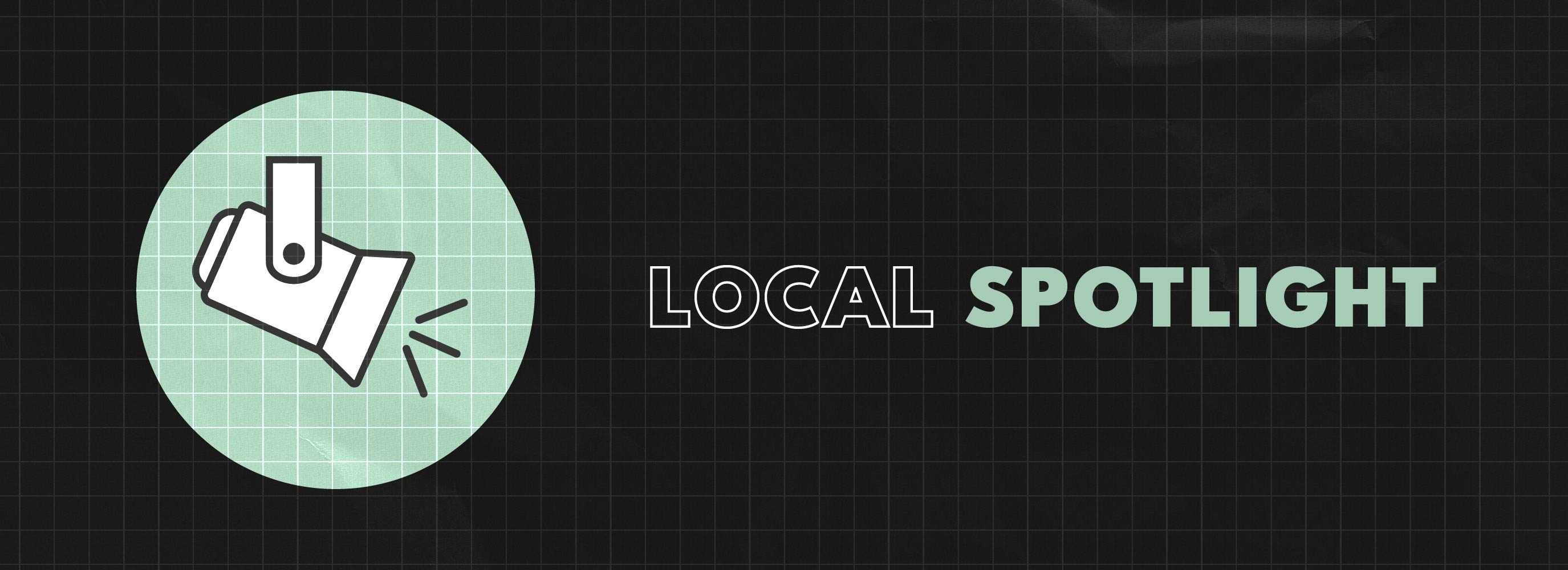
LG Energy Solution and Honda Motor announced a joint venture to invest $3.5 billion in a new EV battery factory in Jeffersonville, Ohio, creating 2,200 jobs and bringing key supply chains to the United States. Following the passage of the Inflation Reduction Act, the push for electrification pivoted toward a focus on domestic sourcing and manufacturing. The partnership between LG Energy and Honda stands as one of many examples of automakers’ racing to align their production processes with provisions and requirements in the Inflation Reduction Act.

- Emily Pontecorvo, in Grist, paints a stark picture of the labor shortage jeopardizing the clean energy transition and the unique opportunity we have to build and sustain good-paying and high-demand jobs.
- Michael Bloomberg, in Bloomberg, outlines how holiday blackouts, highly visible events experienced by many this winter, can be leveraged to strengthen our electrical grid through secure and reliable clean energy.
- Jigar Shah, Katherine Hamilton, and Stephen Lacy, on the Carbon Copy podcast series, discuss the challenges ahead for deploying the Inflation Reduction Act’s nearly $370 billion of clean energy investments.

The clean energy policy conversation is expanding…and so are we! The Climate and Energy Program is looking for people with talent and a passion for climate solutions to fill two new roles on our team. If you’ve got anyone in your mental Rolodex who you think might be a fit, please send them our way. And if you wanted to circulate these job postings more broadly with your networks, we wouldn’t mind that either!
Deputy Director of Development: This person will cultivate and steward relationships with individual and philanthropic donors as well as set and oversee the execution of the development strategy for the Climate & Energy Program to maintain and grow our individual donors and foundation fundraising, working with the Senior Vice President for Climate, Third Way’s development, and the Climate policy and Communications teams. This person will oversee the Development Advisor, who manages institutional philanthropic giving and grant accounts manager’s fulfillment of all relevant grants. Our ideal candidate will have 5+ years of energy policy experience and experience managing staff.

The Climate and Energy Program navigated a set of conversations at the DC Auto Show’s Public Policy Day, check out the highlights.
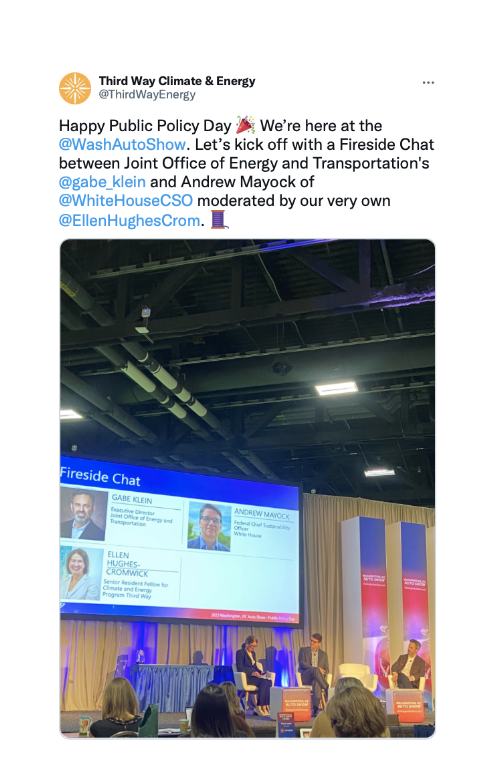
Subscribe
Get updates whenever new content is added. We'll never share your email with anyone.


